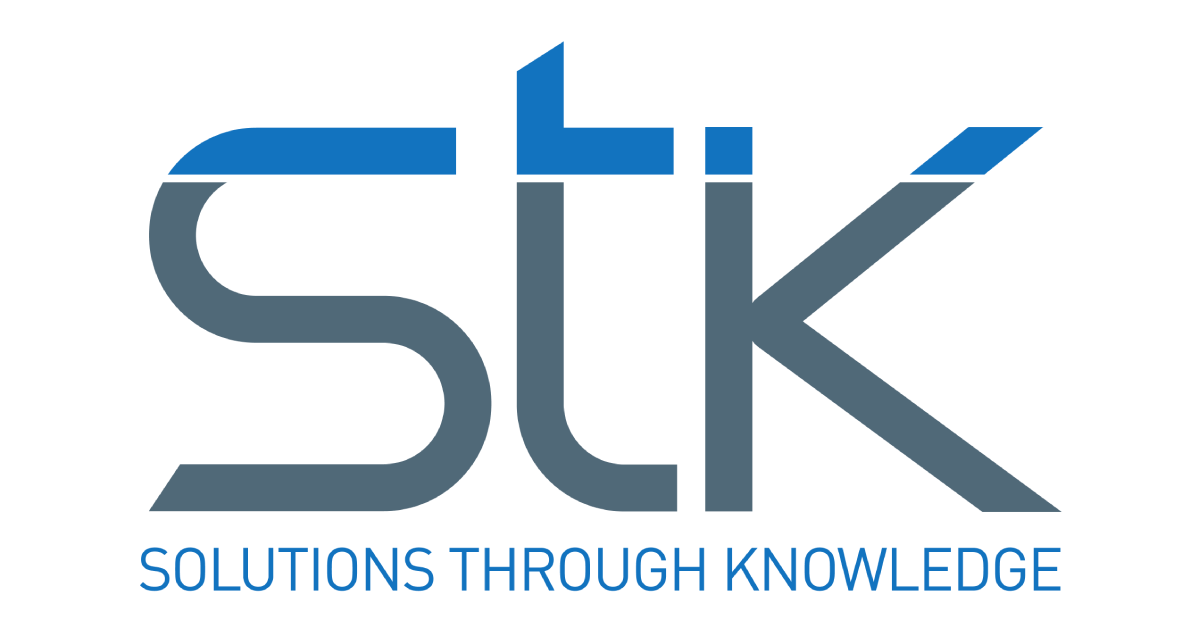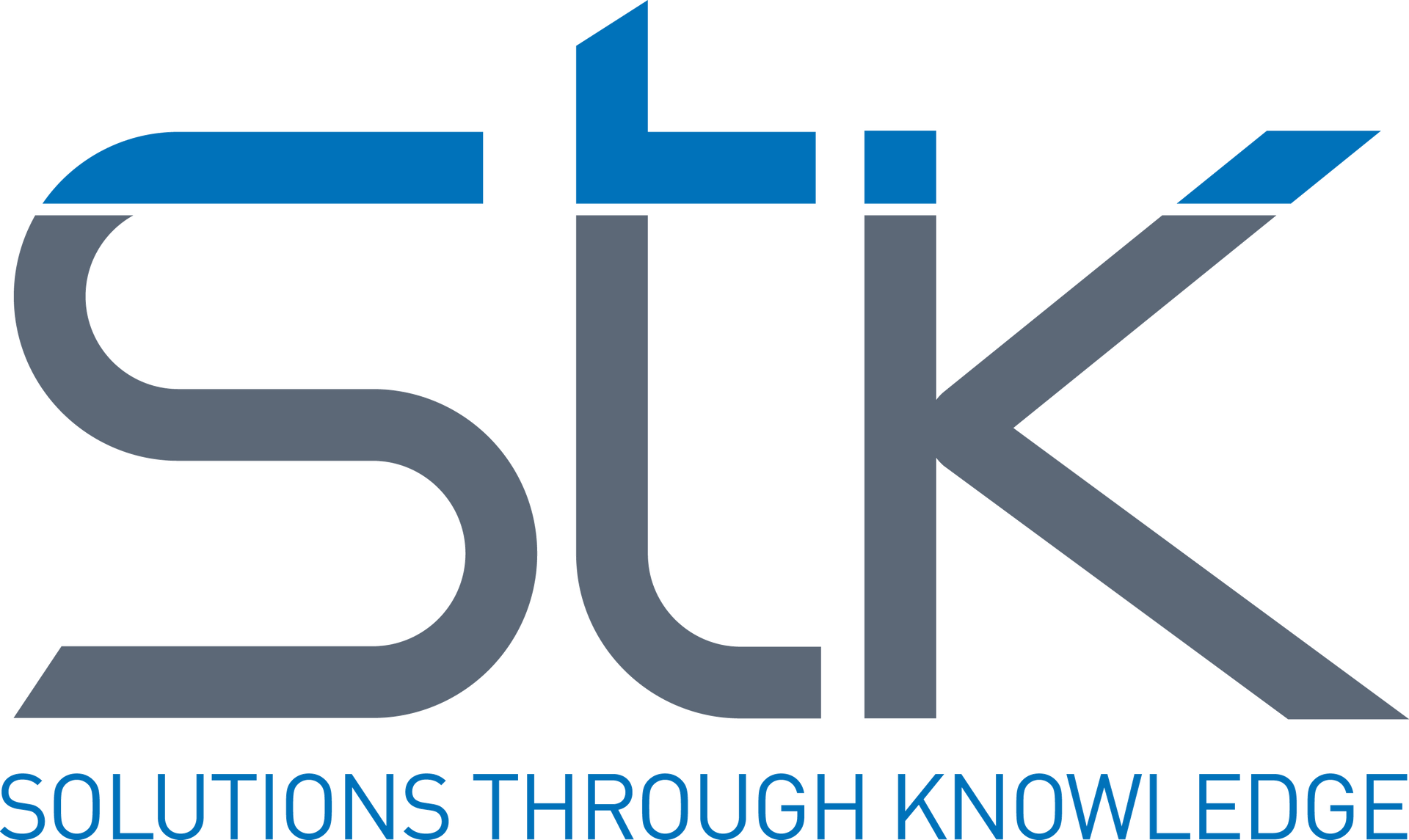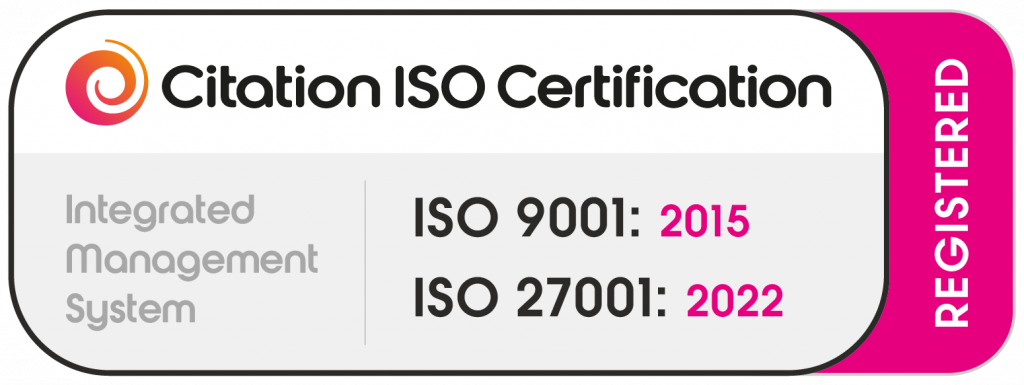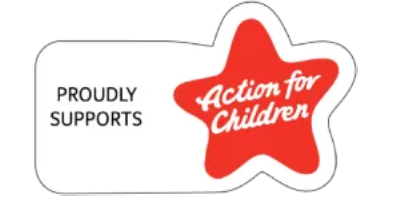Interview Preparation: A Guide to Ace Your Next Job Interview
Interviews are a necessary part of the job search process. They are a way for employers to assess your knowledge, skills and personality to determine if you will be a good fit for the position. Preparation for the job interview is key, as this really puts the power in your hands to make the best impression.
A job interview is an opportunity to explain why you’re the right fit for the job. The interviewer will ask questions to get to know you better and to understand why you’re the right candidate. The interview process is also designed to assess your skills, strengths, weaknesses, and background.
Job interviews also allow employers to determine if you’re the perfect fit for the job and to evaluate if you can add value to the company. Whether you have been invited to an in-person interview or an online interview, the tips outlined in this article will help you make the best impression.
Research
Before attending a job interview, it is important to research the company history and job description. Take the time to learn as much as you can about the company, its values, job description and corporate culture. Knowing the background of the company puts you in the best position to answer any questions related to the job. It also allows you to show potential employers that you have done your due diligence.
It is also a good idea to review any relevant information to the job position you are applying for. Make sure to note any key points or accomplishments that relate to the job so you can mention them in the interview. Look at the job description and be prepared to explain why you are the perfect fit for the job and how you plan to contribute to the company.
Preparation
Once you have done your research, it is time to begin preparing for the interview. The most important aspect of interview preparation is making sure you are dressed for success. You should dress in a professional manner and make sure that your clothes are clean and neatly pressed. Avoid wearing clothes that are too loud and distracting.
It is also important to arrive early for the interview. Plan your arrival time and plan your route so you know exactly how long it takes to get to the interview. Make sure to leave enough time for any possible traffic or other unexpected delays. It is also a good idea to bring along your resume and any other necessary documents
In addition to dressing appropriately, it is important to prepare answers to common questions. Practice your answers to common interview questions and prepare stories to illustrate your skills and experience. It is also useful to review your notes before the interview to make sure you stay focused.
During The Interview
It is important to make a good first impression once you arrive at the interview. Make sure to greet the interviewer with a smile and make eye contact. A firm handshake is also a sign of professionalism and respect. Once the interview begins, it is important to listen carefully to the interviewer’s questions and ask for clarification if needed.
During the interview, it is important to communicate clearly and effectively. Always answer questions honestly and don’t be afraid to ask questions. The interviewer cannot answer questions they don’t know about, so it is important to be vocal and ask questions to get more information.
After The Interview
After the interview, it is important to follow up with the interviewers. You should thank them for their time and send a thank you note. It is also a good idea to connect with the interviewer on social media to stay connected and to further strengthen your relationship.
Preparing for a job interview can be a daunting task, but with the right approach, you can make a great impression in the interview process. It is important to research the company history, job description, and corporate culture. You should also dress appropriately and prepare answers to common questions. During the interview, you should make sure to listen carefully and communicate effectively. Once the interview is over, be sure to follow up with the interviewer.
By taking the time to prepare for your job interview, you can increase your chances of success and ace your next job interview.







